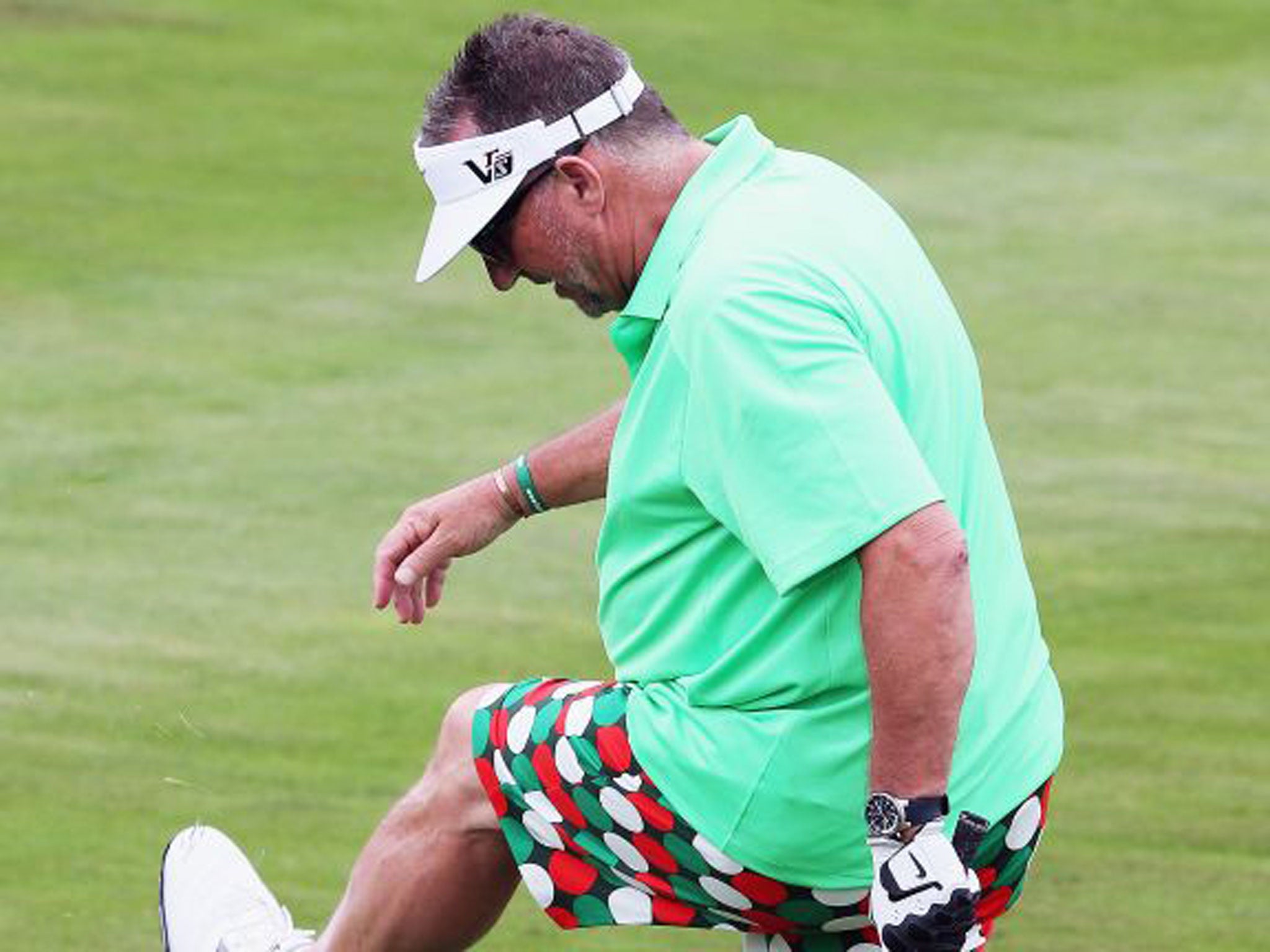On the Front Foot: How cricket especially likes to keep things in the family

When Hamish Rutherford steps out for New Zealand at Dunedin on Wednesday he will be the 47th player whose father also played Test cricket. The game has a long tradition of keeping it in the family that shows no sign of fading.
This can be seen as either a good or a bad thing. It is pleasing that ability is passed down from father to son, slightly worrying that such a small nucleus might actually be playing the game. There are many fewer instances in other sports.
Rutherford's father, Ken, played 56 Tests for New Zealand, his three hundreds including one against England at Wellington in 1988. Not that young Hamish appears at all proud of continuing the family line. He was, he said when asked about it the other day, his own man.
The Test match at Dunedin will be replete with players offering evidence that cricket is a small world. Apart from Rutherford there is still a chance that 20-year-old Tom Latham could follow his father, Rod, into Test cricket. Doug Bracewell, son of Brendon, a tearaway fast bowler full of promise whose career was ruined by back injuries, is certain to play.
For England, Stuart Broad, son of Chris, is likely to be recalled and Nick Compton, grandson of the great Denis, will probably retain his place. And if Compton is overlooked it would open the way for Jonny Bairstow, son of David. England have had 13 fathers and sons playing in Tests followed by India (8), New Zealand (7), South Africa (5) West Indies (3), Pakistan (2), Australia (2) and Zimbabwe (1). Furthermore, Lala Amarnath had two sons, Mohinder and Surinder, who played for India and Walter Hadlee's lads, Dayle and Richard, were both capped by New Zealand. Ron Headley played for West Indies, his son Dean for England.
Covering a lot of ground
England will play at their 66th Test venue on Wednesday. They have played Tests in Dunedin twice before but not at the University ground, which staged its first Test in 2008.
The first visit to the old Carisbrook ground was in 1955, when Len Hutton's team, as was the way then, popped into New Zealand hotfoot from their great Ashes win in Australia. They were too strong for the home side, with Frank Tyson, having destroyed Australia, taking seven wickets in an eight-wicket win.
But Carisbrook in British eyes is much more synonymous with the legendary 9-3 win by the British Lions against the All Blacks in 1971 which led to a 2-1 series victory. Carisbrook was demolished in 2008.
NZ rings a bell for Ian
For Ian Bell, this country will always have fond memories. He was first called up to the England squad here as a 19-year-old in 2002, and though he did not play a game, it was recognition of his talent. But Bell made his imprint on New Zealand before that.
In 1999, playing as a 16-year-old for England Under-19s, he made 115 at Alexandra, midway between Queenstown and Dunedin on South Island. It was his breakthrough innings, though NZ won by an innings and 11 runs.
Beefy to help the Aussies?
Sir Ian Botham has been in town this week. It is fair to say that the cricket in Queenstown has not had his undivided attention. Sir Ian is playing in the pro-am golf event which forms part of the New Zealand PGA tournament.
These days playing off nine, and sporting a splendidly garish garb in practice which featured prominently in the local press, he was partnered with the Australian contender Scott Strange, who was third overnight. Heaven forfend that Sir Ian helps an Australian to the title.
Join our commenting forum
Join thought-provoking conversations, follow other Independent readers and see their replies
Comments
Bookmark popover
Removed from bookmarks